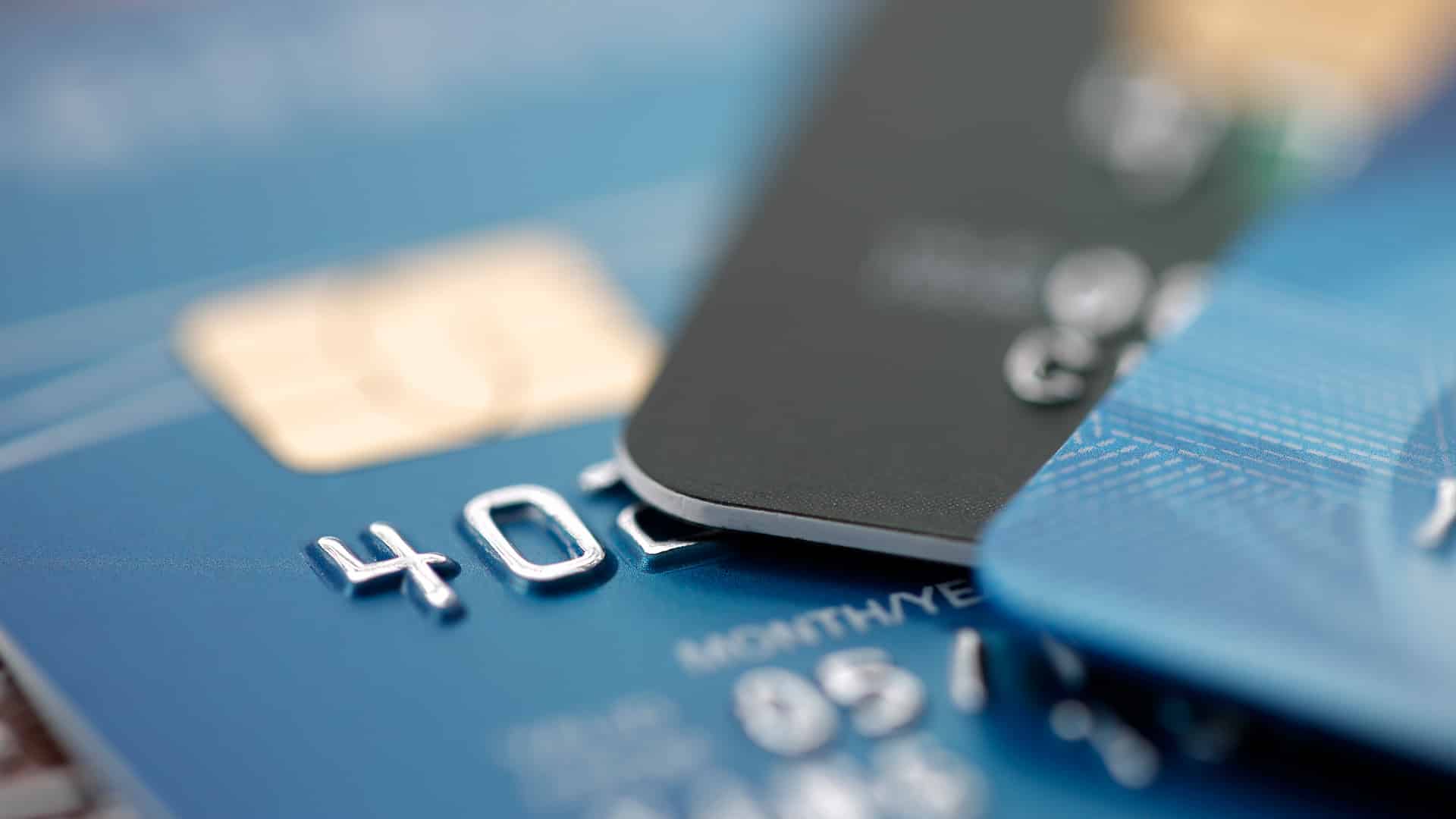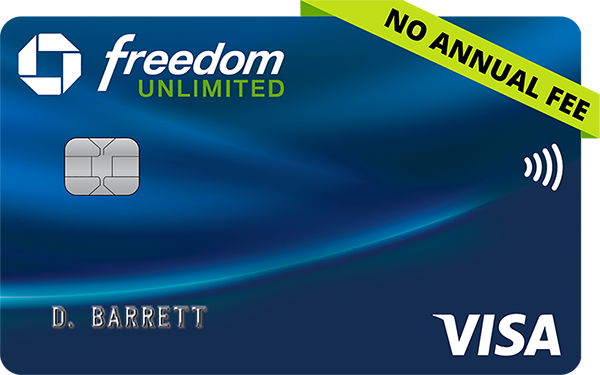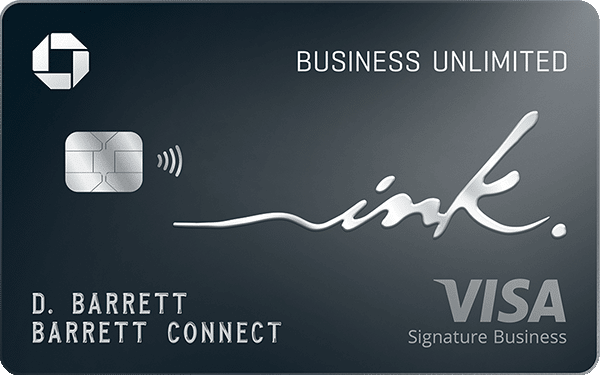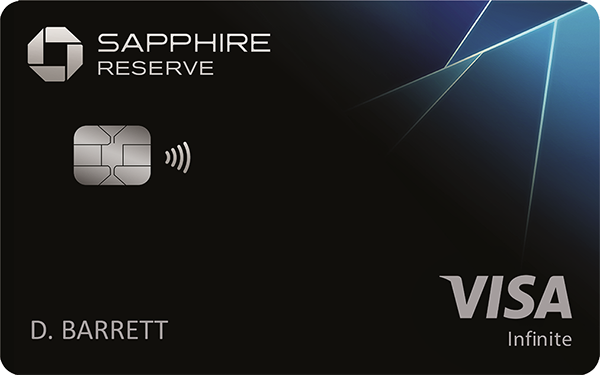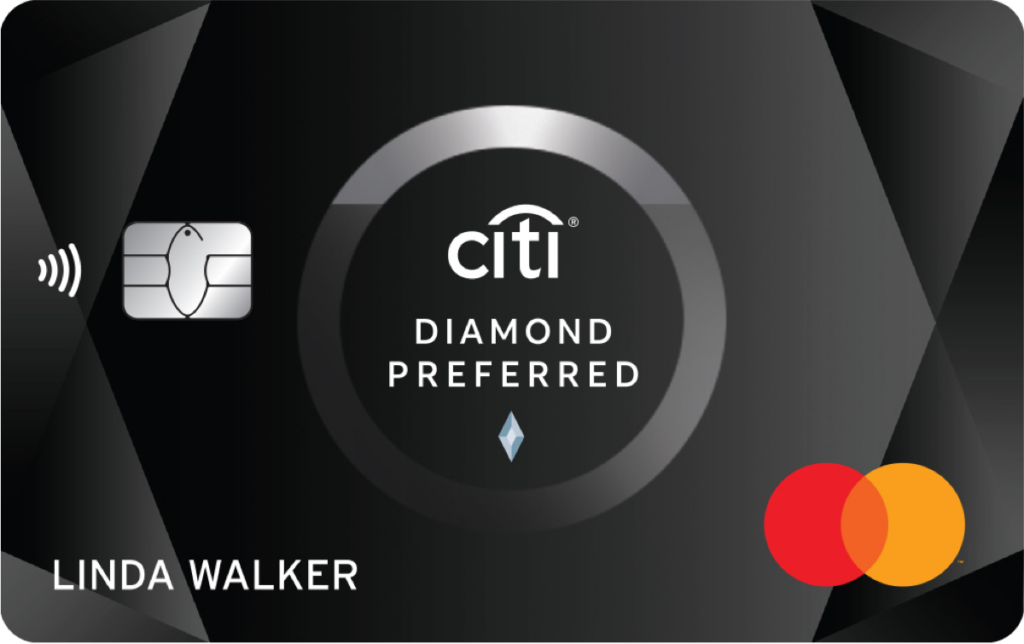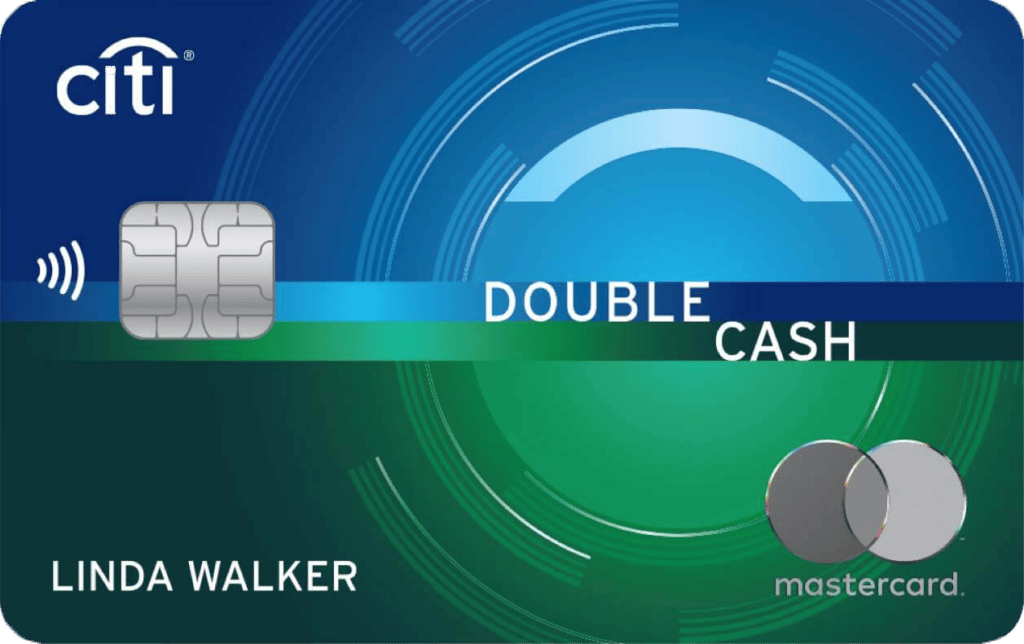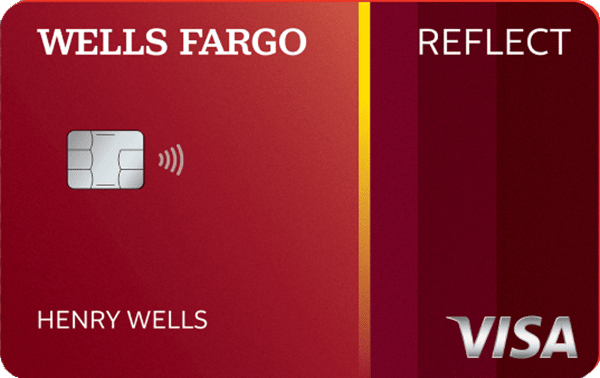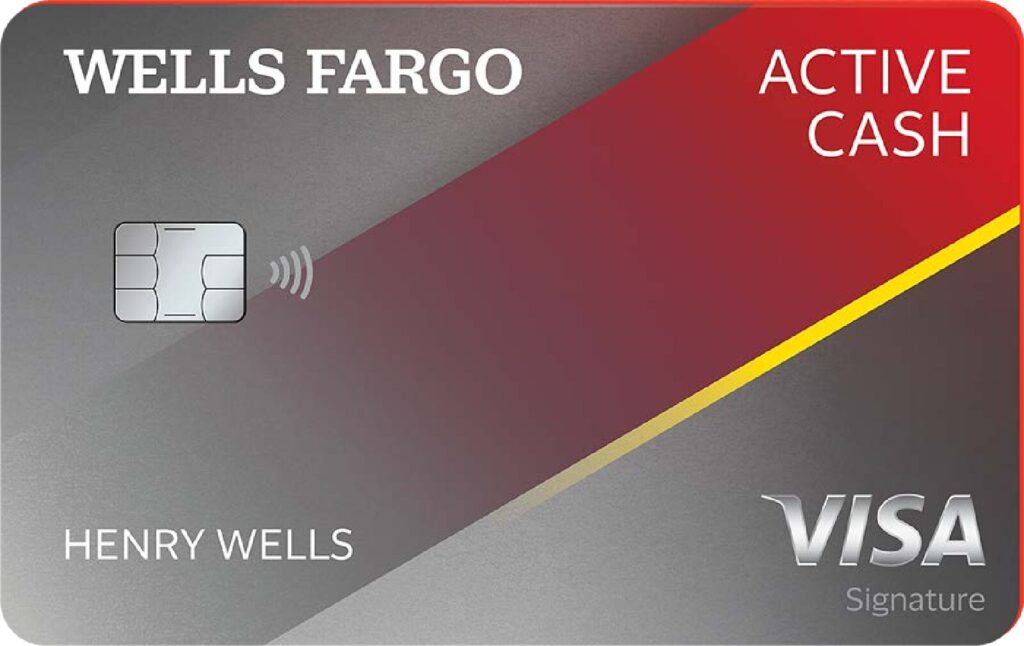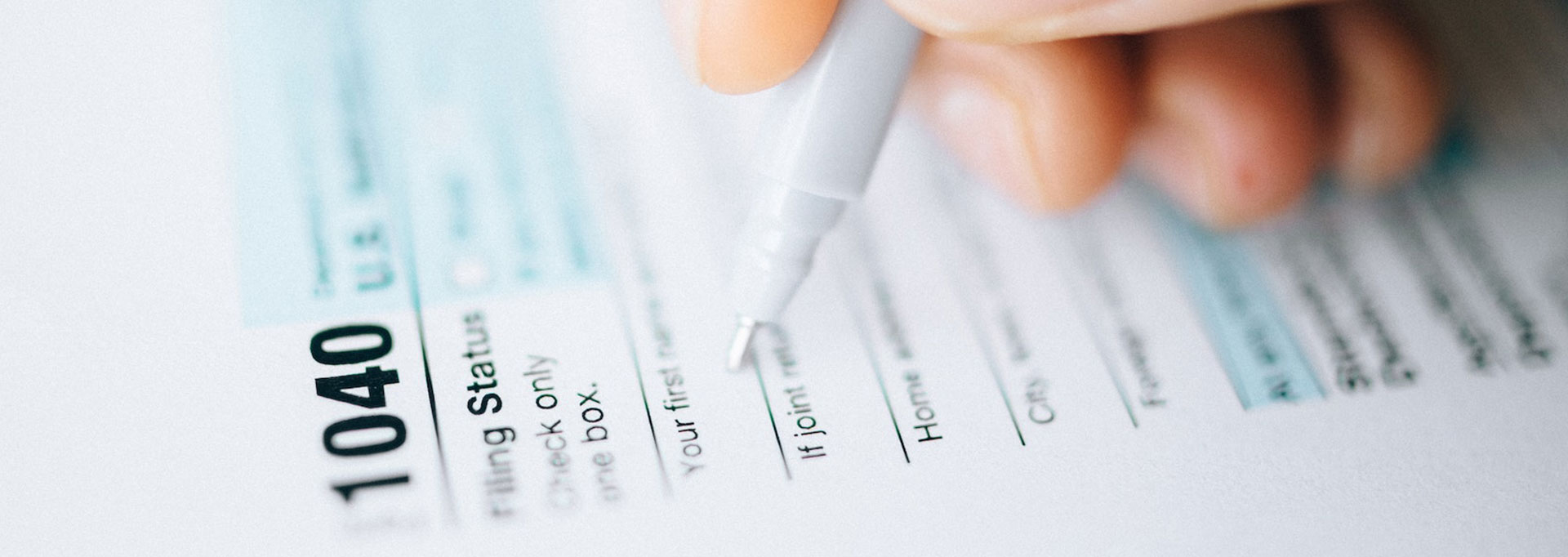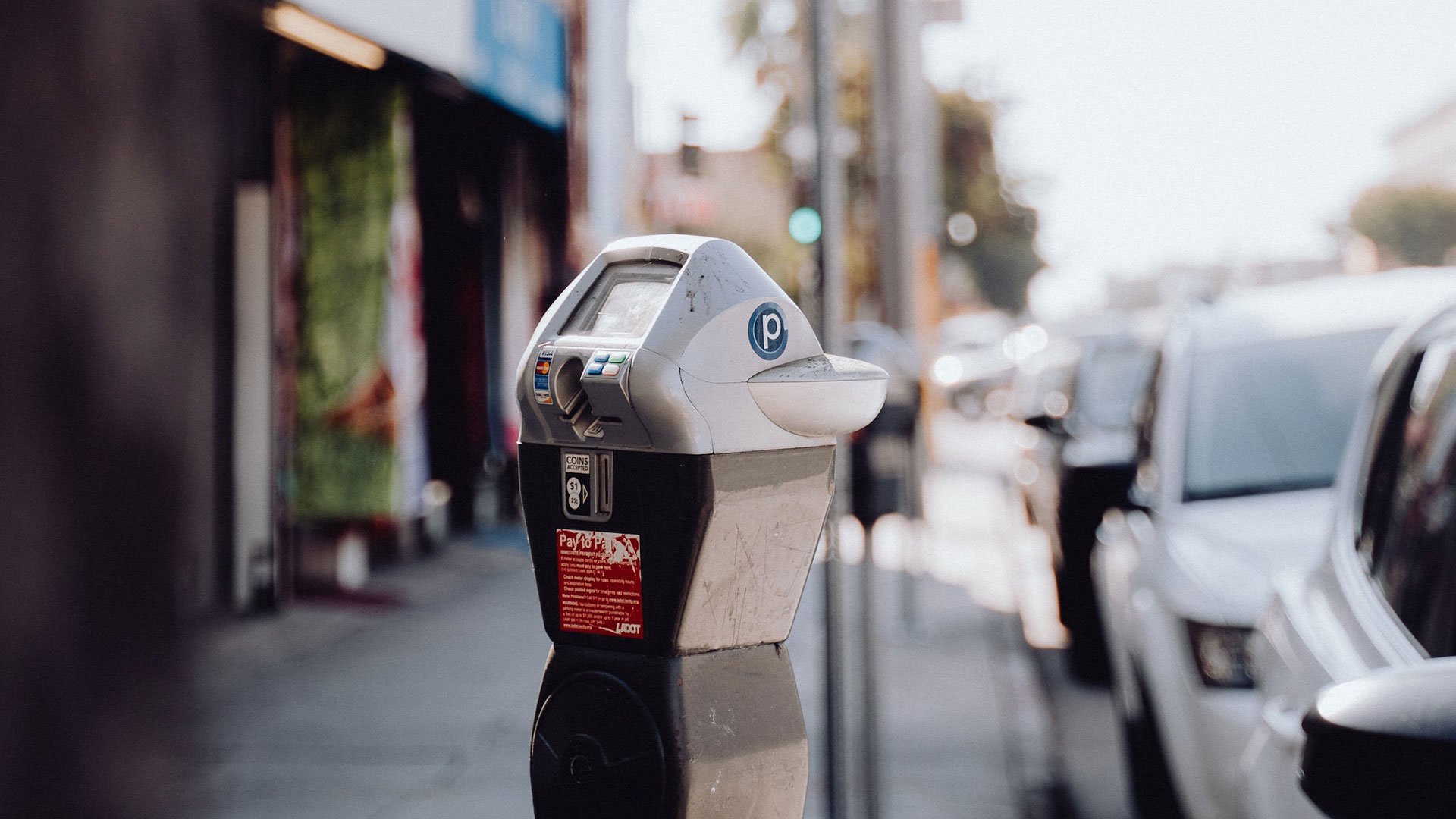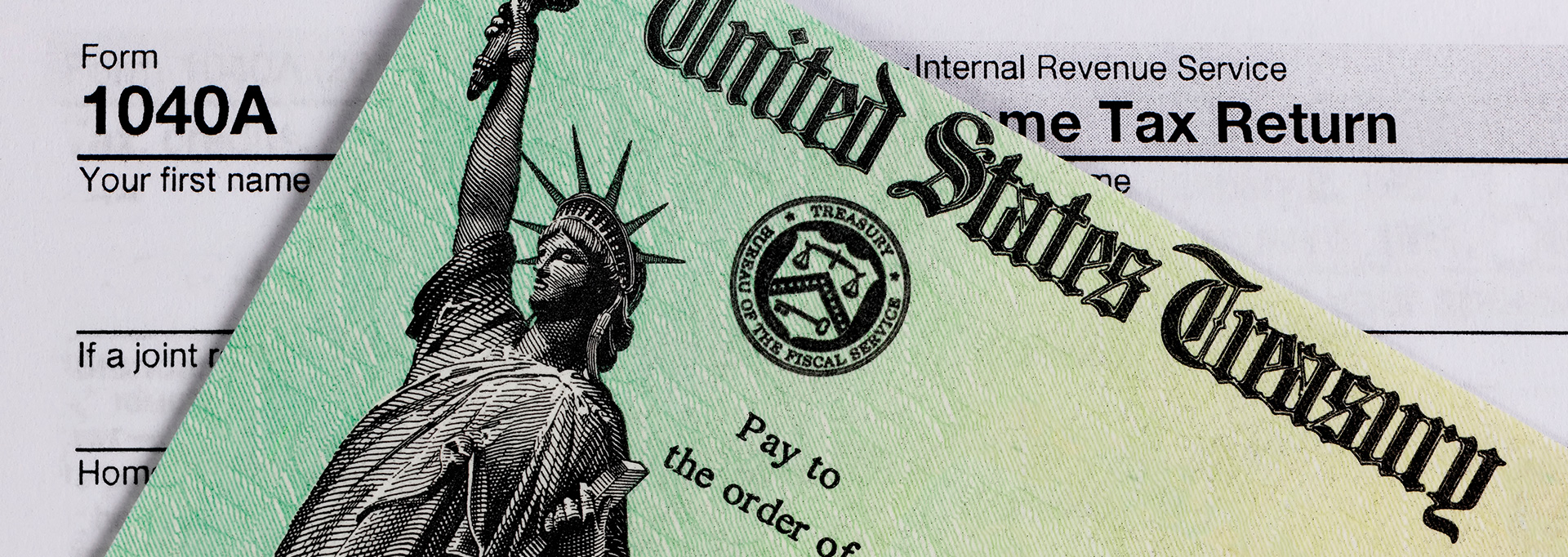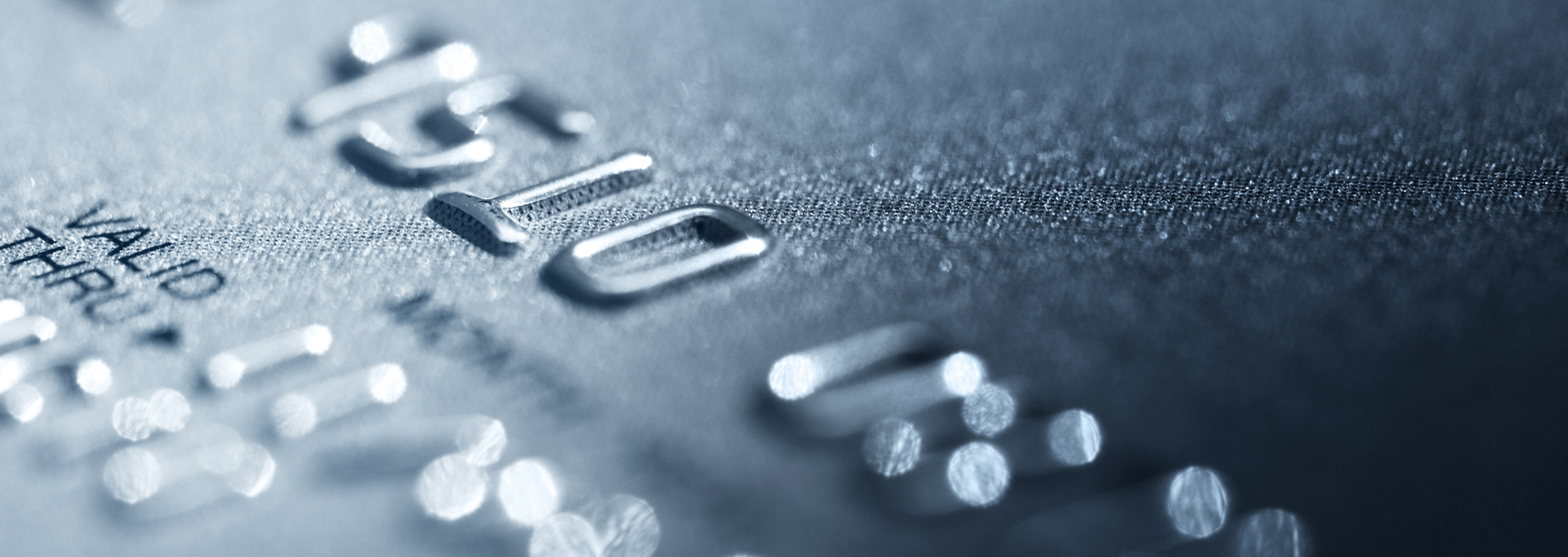Most products on this page are from partners who may compensate us. This may influence which products we write about and where and how they appear on the page. However, opinions expressed here are the author's alone, not those of any bank, credit card issuer, airline or hotel chain.
As an expert in credit cards and consumer credit, I have to know everything I can about how to earn rewards for your spending. And when tax season comes around, I need to pay my income taxes to the IRS and my state's Department of Revenue.
While many people pay their taxes by mailing in a check with their tax forms to Uncle Sam, it sometimes makes sense to pay personal or business taxes with a credit card. In fact, doing so is one of the ways I can take free trips with my credit card rewards.
Can You Pay Taxes With a Credit Card?
Yes, you can pay your taxes with a credit card, but there’s typically a fee for doing so. The IRS authorizes several companies to accept credit and debit card payments on its behalf. Here’s a look at these companies and the fees they charge:
- PayUSAtax charges a 1.82% fee
- Pay1040 charges a 1.87% fee
- ACI Payments, Inc charges a 1.98% fee
These companies also accept debit cards for flat fees up to $3.95 per payment. For more information, see the IRS page on how to pay your taxes by debit or credit card.
Some states allow credit card payments for individual income tax returns, but others don't. To make it more confusing, some accept payments directly, and some work with the payment processors used by the IRS. And if you want to pay your property taxes with your credit card, it will depend on the policies of the city or county that assesses them.
Advantages of Paying Taxes With a Credit Card
Despite the fees, there are several good reasons why you may want to pay your taxes with a credit card. However, your mileage will vary depending on your individual financial situation.
1. Earn Rewards on Your Credit Card
The most common reason people pay taxes with a credit card is to earn rewards, but you have to be sure what you receive is worth more than the processing fee. For example, say you made a $10,000 tax payment with a $187 fee. If your card offers 2% cash back, you’d come out $13 ahead. It's not a ton, but it's better than nothing.
It may be more lucrative to earn points or miles with a travel card that offers a higher rewards rate. For example, if you used a Chase Freedom Unlimited® or Ink Business Unlimited®, you would earn 15,000 points for your $10,000 payment.
If you also had the Chase Sapphire Reserve®, you could transfer these rewards to airline miles or hotel points—15,000 United Airlines miles could be redeemed for a one-way domestic ticket, potentially worth several hundred dollars. Or you could transfer your rewards to the World of Hyatt program and book a free night in a Category 4 hotel, which could also be worth several hundred dollars.
| Credit Card | Intro Bonus | Annual Fee | Rewards Rate | Learn More |
|---|---|---|---|---|
|
|
$250Cash Bonus
Limited Time Intro Offer: Earn a $250 Bonus after you spend $500 on purchases in your first 3 months from account opening |
$0 |
1.5% - 5%Cashback
Enjoy 5% cash back on travel purchased through Chase TravelSM, our premier rewards program that lets you redeem rewards for cash back, travel, gift cards and more; 3% cash back on drugstore purchases and dining at restaurants, including takeout and eligible delivery service, and 1.5% on all other purchases |
Apply Now Rates and Fees |
|
|
$750Cash Bonus
Earn $750 bonus cash back after you spend $6,000 on purchases in the first 3 months from account opening. |
$0 |
1.5%Cashback
Earn unlimited 1.5% cash back on every purchase made for your business. The advertised rewards type is cash back, but it’s important to note that you’re technically earning Chase Ultimate Rewards points (which can then be converted to cash back). |
Apply Now Rates and Fees |
|
|
60,000Chase Ultimate Rewards Points
Earn 60,000 bonus points after you spend $5,000 on purchases in the first 3 months from account opening. Dollar Equivalent: $1,380 (60,000 Chase Ultimate Rewards Points * 0.023 base) |
$550 |
1x - 10xPoints
Earn 5x total points on flights and 10x total points on hotels and car rentals when you purchase travel through Chase Travel℠ immediately after the first $300 is spent on travel purchases annually. Earn 3x points on other travel and dining & 1 point per $1 spent on all other purchases. |
Apply Now Rates and Fees |
2. Meet the Requirements for Bonus Rewards
Earning a great credit card sign-up bonus typically requires you to meet a minimum spending requirement within a specified time frame. For example, you may have to spend $5,000 within three months of account opening to earn a bonus. If you can comfortably do so, it may be worth paying your taxes with a credit card to earn a sign-up bonus that's worth far more than the processing fees you'll pay.
3. Enjoy Some Free Interest
You can avoid credit card interest by paying your statement balance in full—and you can get up to 55 days of interest-free financing by making a payment at the beginning of the statement period. That's about 30 days of your statement period, plus up to 25 days of grace period before paying in full to avoid interest charges.
Even if you're not taking advantage of interest-free financing, it's beneficial to pay your balance in full each billing cycle. Credit card interest rates are notoriously high, and you'll pay a premium when using your card as a short-term loan, rather than a form of payment. Plus, keeping your credit utilization ratio low will help you build and maintain a good credit score.
4. Convenience
Even if you break even on rewards, it can still be easier to make electronic payments with your credit card than to write and mail a check. You'll also be assured your online payments are received when you instantly get a receipt. But if convenience is your only goal, you can use a debit card to pay your taxes, and incur a flat fee of just a few dollars.
When you have a large tax bill, it's tempting to charge it, but first calculate if it makes sense. By understanding the pros and cons of paying your taxes with a credit card, you can make the right decision for your needs.
Drawbacks of Paying Taxes With a Credit Card
Paying your taxes with a credit card may not always make sense, but it depends on your financial needs. Here are the main reasons to not use a credit card to pay your income taxes.
1. Paying Interest
It's not a good idea to finance your tax bill with your credit card. Let's say you have a card with a credit limit of $5,000 that charges 20% APR. If you maxed out the credit limit and could pay $185 a month, it would take you three years and cost over $1,600 in interest before you repaid the loan.
The IRS will offer you a payment plan with a much lower interest rate. If you're having trouble paying your taxes due to financial hardship, do your best to avoid high-interest credit card debt. Instead, speak with your accountant or tax advisor about alternatives.
2. Paying Fees That Cost More Than the Rewards Are Worth
Many people value their points and miles as higher than what they receive through travel redemptions. For example, you might redeem your airline miles for a ticket that would have cost $500, but that might not be its true value.
If you had to fly at an inconvenient time or take a longer route, then you wouldn’t get the full value. And if a discount carrier offers a competing flight for less money, you could also be overestimating the value of your award seat. Unless you would have paid cash for the exact same reservation, your award is probably not worth its stated value to you.
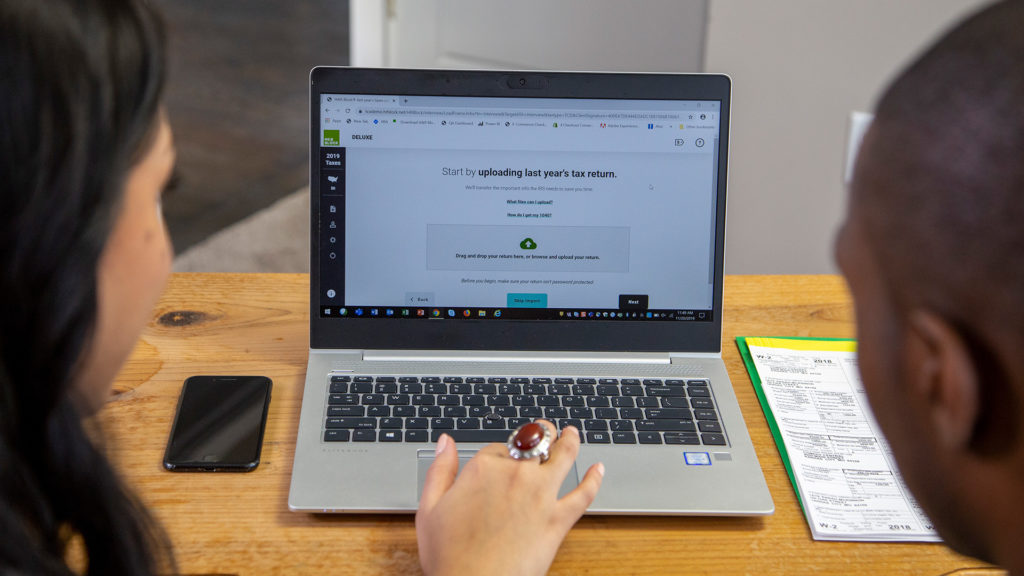 Related Article
Related Article
9 Best and Cheapest Online Tax Services
Should You Pay Taxes With a Credit Card?
You may want to pay your taxes with a credit card if you’ve done the math and will come out ahead in rewards and other perks that offset the fee. For some people, the convenience and immediacy of paying with a card outweighs the fee as well, so consider your personal preferences and financial situation.
On the other hand, it’s not usually a good idea to pay your taxes with a credit card if you are doing so because you can’t afford your tax bill. The IRS will almost always set up a payment plan for you if that’s the case, and that will inevitably be cheaper than credit card interest charges. Also consider if the points or miles you’ll earn by charging a tax bill is worth it. If you don’t come out ahead when you consider the processing fee, or you just can’t use the rewards you’ll earn, consider paying your tax bill with another method.
Paying a Tax Bill With a Balance Transfer Card
For some, a big tax bill can be softened by using a balance transfer credit card. If you’re paying off a bill with a high interest rate, signing up for a new card that offers balance transfer benefits could save you hundreds in interest. Some cards offer 0% APR for a certain introductory time period. All you have to do is pay off the balance within that time frame to avoid hefty interest charges.
Recommended Balance Transfer Credit Cards
| Credit Card | Intro APR | APR | Rewards Rate | Learn More |
|---|---|---|---|---|
|
|
0% for 21 months on balance transfers and 12 months on purchases
0% Intro APR for 21 months on balance transfers and for 12 months on purchases; after that, the variable APR will be 17.24% - 27.99%, based on your creditworthiness. Balance transfers must be completed within 4 months of account opening. |
17.24% - 27.99% (Variable) | N/A |
Apply Now Rates & Fees |
|
|
0% for 18 months on Balance Transfers
Balance Transfer Only Offer: 0% intro APR on Balance Transfers for 18 months. After that, the variable APR will be 18.24% - 28.24%, based on your creditworthiness. |
18.24% - 28.24% (Variable) |
2%Cashback
Earn 2% on every purchase with unlimited 1% cash back when you buy, plus an additional 1% as you pay for those purchases. To earn cash back, pay at least the minimum due on time. Plus, a special travel offer, earn 5% total cash back on hotel, car rentals and attractions booked on the Citi Travel℠ portal through 12/31/25. |
Apply Now Rates & Fees |
|
|
0% intro APR for 21 months
0% intro APR for 21 months from account opening on purchases and qualifying balance transfers. 17.24%, 23.74%, or 28.99% variable APR thereafter; balance transfers made within 120 days qualify for the intro rate, BT fee of 5%, min: $5. |
17.24%, 23.74%, or 28.99% (Variable) | N/A |
Apply Now Rates and Fees |
|
|
0% intro APR for 12 months
0% intro APR for 12 months from account opening on purchases and qualifying balance transfers. 19.24%, 24.24%, or 29.24% Variable APR thereafter; balance transfers made within 120 days qualify for the intro rate and fee of 3% then a BT fee of up to 5%, min: $5. |
19.24%, 24.24%, or 29.24% (Variable) |
2%Cashback
Earn unlimited 2% cash rewards on purchases. |
Apply Now Rates & Fees |
FAQs
-
The IRS has granted permission to several payment platforms to process credit and debit card payments on its behalf. You can select any of these services directly through the IRS website. Keep in mind you'll pay a convenience fee to pay your federal income taxes with a credit card.
-
You may be able to pay your property taxes with a credit card, but it depends on whether or not your local county or state assessors office offers online payments. Check the payment policies of your local treasurer's office.
-
Yes, you can pay business taxes with a credit card—at least your federal income taxes. The IRS has authorized several companies to accept credit card payments, but you will pay card processing fees. If you owe state income taxes for your business, the ability to pay with a credit card depends on the payment policies of your individual state's Department of Revenue.
-
You can pay your taxes online through the IRS website and your state's Department of Revenue website. Additionally, if you use an online tax preparation service, you can pay online directly through its platform. Keep in mind that you may pay a card fee when you use either a debit card or credit card to pay your taxes online.




